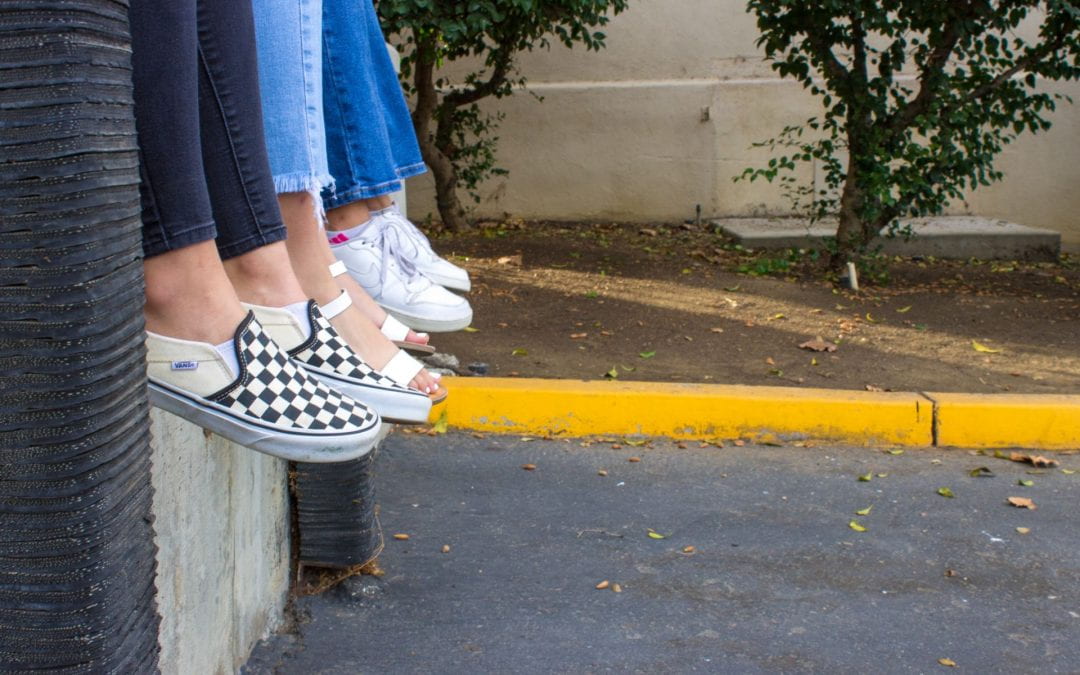Young adults with autism are 39 per cent less likely to be charged with crimes than non-autistic people, but those who are charged are more likely to face tougher punishment, a study funded by A Better Start has found.
Researchers tracked about 150,000 people born in this country between July 1992 and June 1995 for the study.
The cohort included 1187 (0.8 per cent) autistic young adults. The vast majority of them were identified as European (90 per cent) and male (79 per cent), compared to 77 per cent Europeans and 52 per cent males in the non-autistic group. Only 20 per cent of the autistic group identified as Māori and 5 per cent as Pasifika, compared to 30 per cent and 11 per cent respectively in the non-autistic group.
Using health and criminal justice system data, researchers compared the number of times both groups interacted with the justice system between the age of 17 and 25, and the severity of the charges and punishment they faced.
In the autistic group, 282 young people (24 per cent) faced police proceedings during the 8-year period. Court charges were laid against 17 per cent of those with autism, 13 per cent were convicted in court and 2 per cent were sentenced to prison.
In the non-autistic group, rates of police proceedings (29 per cent), court charges (21 per cent) and court convictions (17 per cent) were consistently higher, while incarceration rates were marginally lower.
After adjusting for socio demographic differences (sex, ethnicity, deprivation, and area of residence), young people with autism were 38 per cent less likely to face police proceedings, 39 per cent less likely to be charged and 43 per cent less likely to be convicted.
But when looking at the small group of autistic people who were charged with at least one offence, the researchers found that they were more likely to be charged with a serious offence, punishable by two or more years in prison.
“It appears that people with autism are not getting charged with more minor offences – it might be thanks to advocacy and better understanding of autism – but once the offending is more severe, that understanding goes out the window,” says lead researcher Nick Bowden, who is part of A Better Start’s Big Data team and recently spoke to Radio New Zealand’s Nine To Noon programme about the study.
Bowden brought on a lawyer, an autism advocate as well as Māori and Pasifika people to the research team.
Joanne Dacombe, who is autistic, was one of them. Dacombe serves on the boards of Autism New Zealand and the Disabled Persons Assembly (DPA), among others, and is a part-time autism researcher with the University of Otago.
The study findings dispel the myth – fuelled by sensational media headlines – that autistic people are more likely to commit crime, says Dacombe.
“Horrendous crimes done by one autistic person can give a false impression about who we are,” she says. “Autistics are rule followers; they do not want to get in trouble.”
The study had its limitations – it did not look at older autistic people, or those with co-morbidities such as Attention Deficit Hyperactivity Disorder (ADHD) or fetal alcohol syndrome.
Autistic people who do get charged face tougher penalties, the study found. This could be due to stigma, or to autism making it harder for the defendant to navigate and come across well in the criminal justice system, Dacombe says.
Some autistic traits such as fidgeting, avoiding eye contact or not showing emotion could be misinterpreted, she says.
The research, a first in this area in New Zealand, was funded by A Better Start, the NZ Law Foundation and the Michael and Susan Borrin Foundation.
More funding is needed so more research could be done in this area to help the justice system increase its understanding of autism and other disabilities, says Dacombe.
Read the paper here – Criminal justice system interactions among young adults with and without autism: A national birth cohort study in New Zealand
- Article courtesy of stuff.co.nz. Read the story here
Photo credit: Emmanuel Olgui/Unsplash

